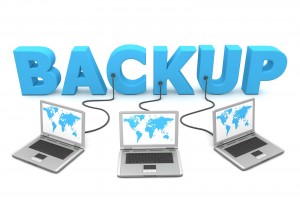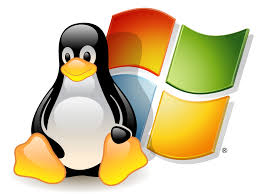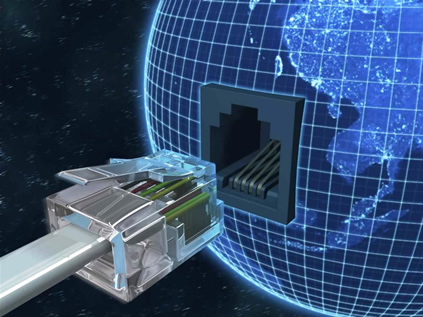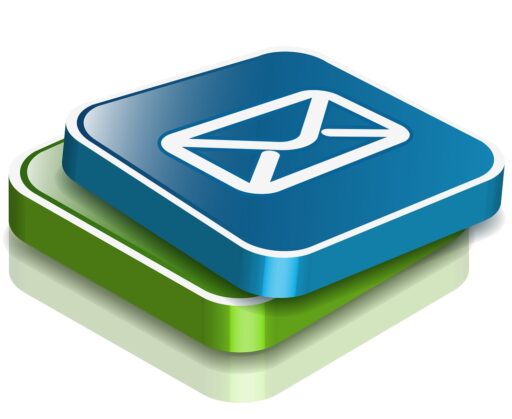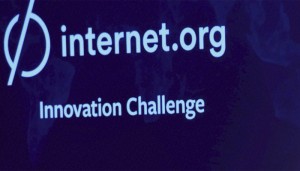 The Indian Regulatory Telecom Authority (TRAI) put a halt to Mark Zuckerberg’s Internet.org free basics app, ruling that it violates net neutrality by privileging content. The ruling does permit exceptions though, in times of public crisis or as the need for emergency services presents itself.
The Indian Regulatory Telecom Authority (TRAI) put a halt to Mark Zuckerberg’s Internet.org free basics app, ruling that it violates net neutrality by privileging content. The ruling does permit exceptions though, in times of public crisis or as the need for emergency services presents itself.
Mark Zuckerberg’s response
Mark Zuckerberg, the co-founder and CEO of Facebook responded to the ruling last Thursday, writing a lengthy post on Facebook, both expressing his disappointment in their ruling and in his commitment to extend access to the Internet to people across the globe, including India.
Indian businesses that bailed on this project
His initiative has been hotly debated in India, but recently hit some roadblocks as a number of Indian businesses last week bailed from this project over their apprehensions concerning net neutrality. Those included:
- Media startup, Newshunt
- E-commerce online travel site, Cleartrip
- The publisher of the Times of India newspaper
- Flipkart, India’s leading mobile retailer which pulled out after realizing the significance of an open and unrestricted Internet.
TRAI’s ruling
While everyone wants to improve accessibility to the poor, the TRAI essentially called for public input last December, then just ruled on what they perceive as a lawful relationship between content and data – that did not favor this project.
It was their stance that service providers cannot offer or charge inequitable tariffs (zero rating plans) for data services on the basis of content. Conversely, Mr. Zuckerberg contends that Internet.org does not either throttle or block any other services, or create what’s known as “fast lanes.” In fact, he said that Internet.org has successfully connected over nineteen million people in thirty-eight countries.
This sets an International precedent for universal access initiatives
This is not the first time that net neutrality projects have encountered contentious roadblocks, but this ruling represents a major setback for Facebook, as TRAI not only blocks content differentiating data schemes, but sets an International precedent for universal access initiatives in other geographic markets, including the United States, where Verizon is currently provisioning zero rating for its video service.
India’s stance is that it will not allow a preferential Internet
At issue is specific types of partnerships where certain apps are made free to users if businesses pay organizations like Internet.org or Bharti Airtel’s Airtel Zero to do so. In essence, the TRAI ruled that these types of partnerships favor a select few, resulting in a preferential Internet. Mr. Zuckerberg countered by saying it’s too expensive to make the entire Internet free, as mobile operators spend countless sums of money to support Internet traffic – money that needs to be recouped somehow to keep them from going bankrupt.
What say you?
What is your take on this issue? Is this simply another strategy for rich companies and telco’s to sign secret deals that favor specific traffic from incurring usage charges, or do you side with Mr. Zuckerberg? Certainly, making Internet access available in every corner of the globe is honorable, but is this initiative at the expense of real net neutrality? Your thoughts?
Brought to you by ProlimeHost
We’ve been in the web hosting industry for ten years, helping hundreds of clients succeed in what they do best and that’s running their business. We specialize in dedicated servers, with data centers in Los Angeles, Phoenix, Denver and Singapore. The E3 1275 v5 processor is now available at great pricing, giving you the ability to add up to 64GB of DDR4 ECC RAM. Call +1 877 477 9454 or email us at Sales@ProlimeHost.com. We’re here to help.

